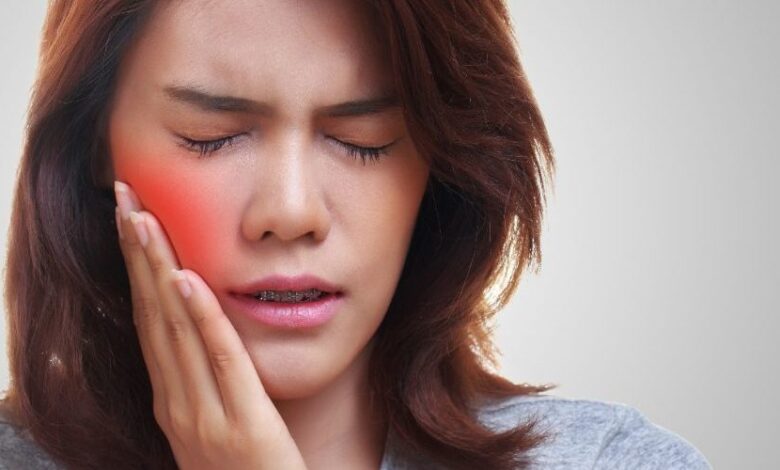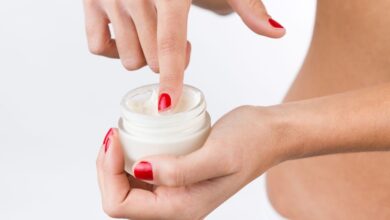Common Orthodontic Issues And How To Fix Them

Orthodontic treatment is often needed to correct misaligned teeth and jaws. Orthodontist Germantown TN can help correct facial imbalances, making it easier to chew and speak while creating a beautiful smile.
Overbites can be caused by thumb or finger-sucking, tongue thrusting or prolonged use of a bottle or pacifier. This problem can lead to protruding front teeth that are hard to clean.
Overbite
One of the most common misalignments, overbites occur when the upper front teeth extend over the lower front teeth. This can lead to problems with chewing and may cause the lower teeth to bite into the roof of the mouth or chin. Overbites are typically treated with braces during the teen years, but they can be addressed by an orthodontist in adulthood as well.
Some overbites are caused by harmful oral habits like thumb sucking or tongue thrusting, while others are genetic or the result of improper jaw growth and development. In either case, orthodontic treatment can help fix an overbite by using traditional braces or clear aligners.
Crowded teeth are harder to keep clean and can harbor bacteria that can cause tooth decay, gum disease and other serious health issues. Overlapping teeth also increases the risk of biting your cheek or choking while eating.
Underbite
Misaligned teeth can cause a variety of issues including speech difficulties, premature wear of tooth enamel and gums and an increased risk of dental abscesses. These conditions are commonly referred to as malocclusions.
An underbite, also known as prognathism, is a condition where the lower teeth extend forward more than the upper front teeth. This type of malocclusion affects between 5 and 10 percent of the population.
Most underbites are a result of genetics and cannot be prevented. However, the growth of the jaw can be modified through interceptive treatment in children. In adults, orthognathic jaw surgery may be required to physically correct the underbite. The most common treatment methods for underbites are braces and clear aligners such as Invisalign. Crowded teeth can also contribute to underbites, as the extra space makes it harder for the teeth to fit comfortably inside the mouth.
Crowded Teeth
Crowded teeth are caused by a discrepancy between the size of the jaw and the teeth. This can be due to genetics or habits such as thumb or finger sucking, tongue thrusting, or chewing on foreign objects. The result is a bad bite and crooked teeth that overlap and twist. Teeth crowding can be corrected with braces and spacers or at home with aligners.
Misaligned teeth can lead to more serious oral health issues if not treated right away. If you notice pain while chewing or biting, or a bite that doesn’t meet correctly, schedule an appointment with an orthodontist to find out the cause. If left untreated, these orthodontic problems can cause tooth decay, gum disease, and other dental issues. This is why it’s important to get an orthodontic appointment at a young age.
Open Bite
An open bite is a type of malocclusion that leaves a visible space between the top and bottom teeth when biting down. It varies from mild to severe, and can be found in the front or back of your mouth.
This condition can develop from habits like thumb sucking, pacifier use, or tongue thrusting. In most cases, children outgrow their open bite once adult teeth come in and these habits cease.
If you’re an adult and have an open bite, treatment options may involve growth modification using orthodontics or clear plastic aligners. If you have a more severe open bite or one caused by a skeletal issue, orthognathic surgery could be necessary. An open bite can lead to jaw problems, tooth decay, and accelerated wear of your incisors.
Missing Lateral Incisors
Missing lateral incisors can cause problems with biting and chewing. They can also affect the appearance of a smile. This condition can lead to premature wear of the teeth and protective enamel and increase the risk of jaw problems.
A severe overbite can cause teeth to protrude out past the lower front teeth. This can cause excessive wear and tear on the teeth and may even damage the gums or the underlying structures.
This patient sucked her thumb as a child which contributed to her overbite. Orthodontic treatment corrected her bite and she now has a more attractive and functional smile. The missing lateral incisors were congenitally missing and will be replaced after orthodontic treatment by either a wing bridge (resin-bonded fixed partial denture or Maryland bridge) or a single tooth implant.





